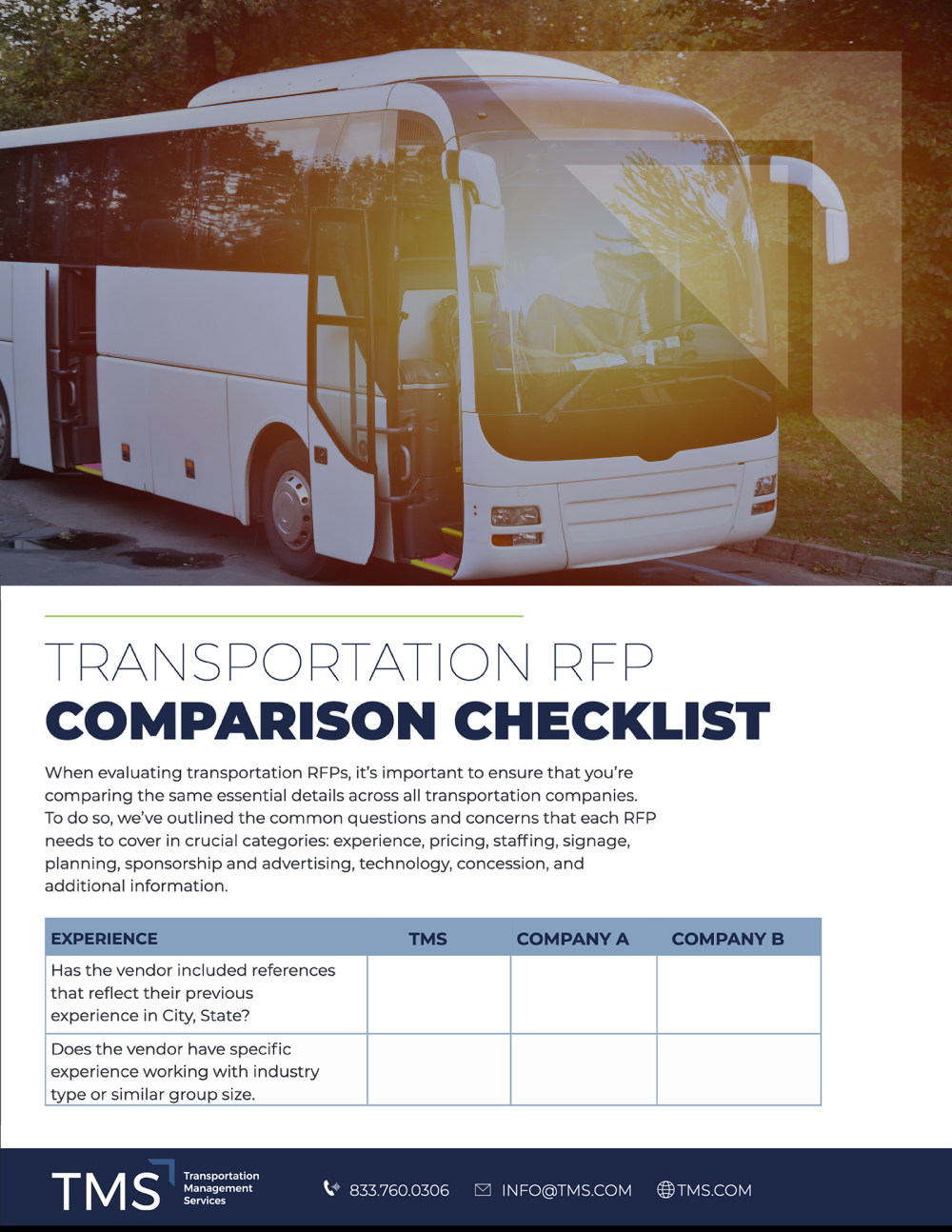As cases of COVID-19 increase in the United States and the rest of the world, the travel and tourism industry will continue to suffer severe economic losses.
Decreased travel due to restrictions and stay-at-home orders will result in a projected $809 billion hit on the U.S. economy and eliminate 4.6 million travel-related American jobs in 2020, nearly doubling the unemployment rate (from 3.5% to 6.3%), according to a recent U.S. Travel Association analysis. Total spending on travel in the country, including transportation, lodging, retail, attractions, and restaurants, is expected to plummet by 31% or $355 billion this year.
The economic stabilization package passed by Congress at the end of March will provide much-needed relief for some industries, businesses and individuals affected by the pandemic. But this plan overlooked the bus industry – a mistake that will have grave consequences if it is not quickly remedied. The federal government must take decisive action to provide favorable grants, loans, and other means of relief to assist struggling small businesses within the industry.
There are approximately 3,000 bus and motorcoach companies in the U.S., 90% of which are small, family-owned businesses that have had to shut down during the COVID-19 crisis, leaving 100,000 employees out of work, according to data from the American Bus Association (ABA). In a statement, ABA President and CEO Peter Pantuso wrote:
“Congress missed the bus. They completely ignored the motorcoach industry – the movers of America – while every other form of passenger transportation, i.e. airlines, Amtrak and transit have received more than $50 billion to save these industries. The bus and motorcoach industry connects cities; connects rural areas to urban centers, serves as the only means of intercity transportation in many parts of America; serves workers in every part of the country including commuters in urban environments and business campuses, mines, oilfield workers, etc.; serves the security and strategic needs of the country by moving troops and takes people out of harm’s way during hurricanes; connects families and friends; and brings travelers to tourist destinations economically when Americans do not have the access or the resources to use other modes of transportation.”
Companies like TMS rely on these bus and shuttle vendors to provide transportation for many different events, as well as essential government and emergency transportation services, including during hurricanes, floods, earthquakes, and other disasters. Motorcoaches help move troops and remove civilians from dangerous situations. Only a few weeks ago, motorcoaches were pivotal in evacuating cruise ship passengers affected by the COVID-19 outbreak. If these vital companies go out of business, many Americans will be left vulnerable during future natural disasters and other crises.
TMS provided evacuation services for the devastating hurricanes over the last several years including Matthew, Harvey, Irma, Florence, Barry and Dorian, and 2020 is threatening to be an above-average hurricane season. Experts at Colorado State University forecast 16 named storms, including eight hurricanes, for the 2020 Atlantic hurricane season. Four of the hurricanes are projected to become major storms (Category 3 to 5). The probability that at least one of these major hurricanes will make landfall along the U.S. coastline is 69%, compared with an average of 52% over the last century.
It is more important than ever for the federal government to resolve the oversight in the stimulus package and support the motorcoach industry. We urge you to join us in signing this letter of support, and sending it to your elected House Representatives and Senators and sharing it with your networks.
Take action and support the motorcoach industry.


